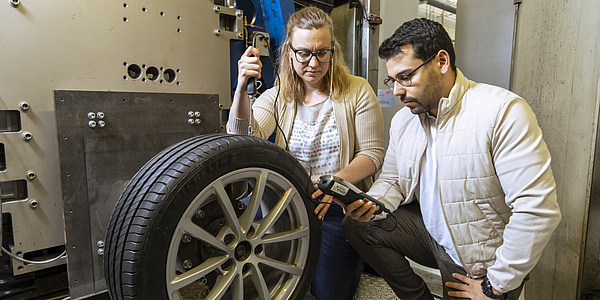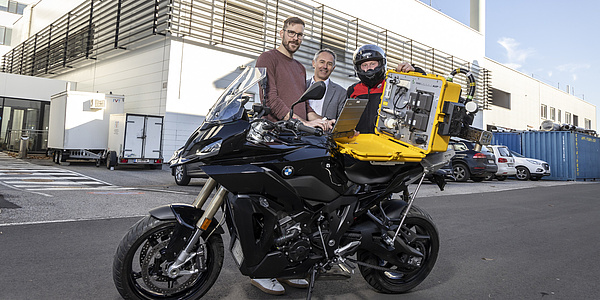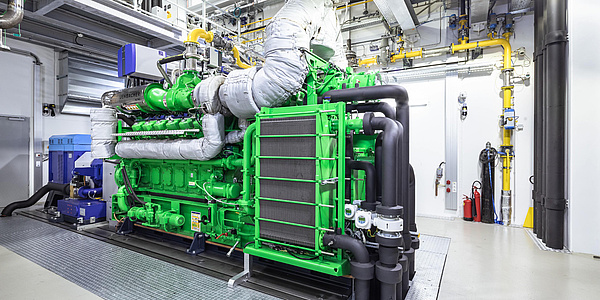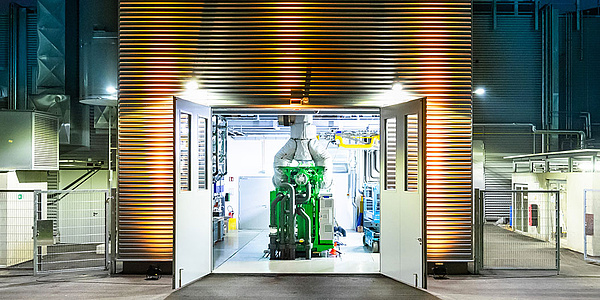TU Graz to Launch Austria’s First Extension Programme in Artificial Intelligence in Autumn 2025
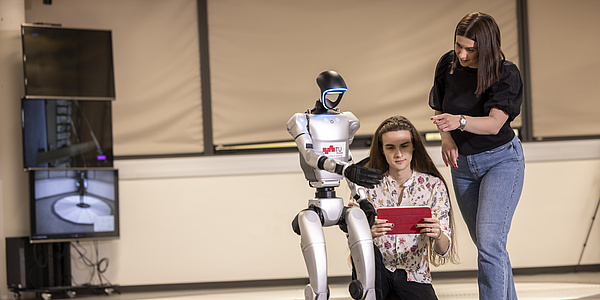
The Artificial Intelligence Engineering extension programme offers master’s students and graduates the opportunity to learn the basics of computer science and apply AI methods to their specialist…

![[Translate to Englisch:]](https://www.tugraz.at/fileadmin/_processed_/c/4/csm_InfrastrukturHauptbild-by-lunghammer-tugraz__2__fedb9c7ca2.jpg)
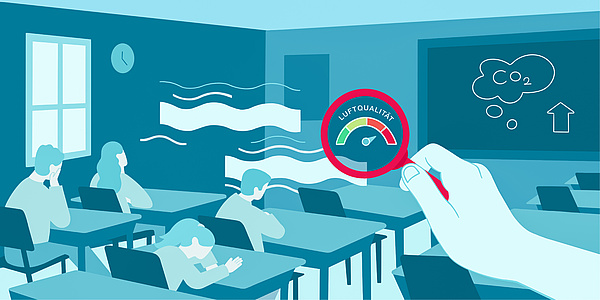
![[Translate to Englisch:]](https://www.tugraz.at/fileadmin/_processed_/e/2/csm_windkanal-banner-by-manuelrom-tugraz_fc22372695.jpg)
